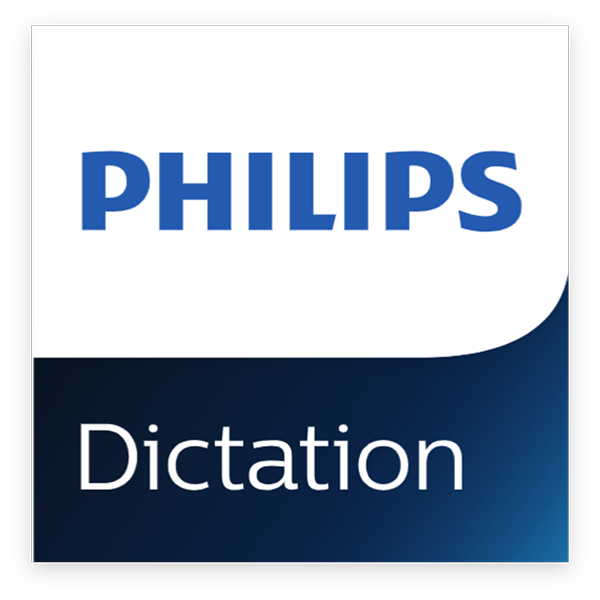Use your voice to do your legal work faster and better
Speech recognition has gained momentum in the last few years as it has shown to increase productivity and efficiency over traditional dictation methods and manual typing.

In today’s time, practically everyone is familiar with voice tech tools. Using Siri on an iPhone to call or send a text to someone or automating household electrical gadgets with Google Home to command with your voice to turn lights on and off, are just few examples on how voice tech is used in everyday life. After all, it’s convenient, portable and hassle free to set up.
While so much development is still being made in the digital arena, when it comes to adopting the same in the work environment, the progression seems to be quite slow as compared to the pace of digital advancement. If we talk about the legal industry the history reveals of how over the time, the practice of law has shifted from oration to dictation and from using tape recorders to smartphones. However, document creation, filing and archiving still remains as one of the most daunting tasks involved for lawyers. Given how legal professionals are under immense pressure to drive billable hours and maximise productivity, while juggling the documentation requirements simultaneously, speech recognition technology is a great ally to help law firms automate document creation and handle back-office task delegation through digital dictation.
Streamline documentation process and reduce turnaround time
Managing vast amount of data across any legal firm can be difficult. Streamlining workflows is much desired when it means fee earners can free up time to make their workdays more efficient. Imagine dictating on a digital recorder and then travelling back to office to dock it to transfer those files to the computer and then having to send it across to the transcriptionists to transcribe. It’s a time-consuming process. When talking is 7 times faster than typing, having the final document produced almost instantly is just an example illustrating how professionals can simply use their voice to expedite and manage work far more efficiently.
By using speech-to-text systems to handle back-office admin tasks, billing support and calendar management, legal firms are able to streamline workflows and processes to enhance throughput and create an automation solution that creates for better collaboration, churns out volumes of work and yields higher productivity.
Maximising efficiency of support staff
The amount of work a law firm does daily is staggering, especially when every document needs to be immediately updated with 100% accuracy. Support staffs are thus under tremendous pressure to be on top of their work. To keep up with the workload at peak times, casual staffs are taken on board which means additional resources spent on hiring and training. Automatic transcription using speech recognition allows to create documents faster as compared to typing. Instead of overwhelming transcriptionists to type hours of dictation, they can utilise their time proof reading and finalising auto-transcribed documents to deliver quicker service to their clients and customers.
Focus on any important – dedicate more time to clients and yourselves
No matter what kind of professional services your firm provides, delivering expertise and value to your clients is expected. Even though admin work and record keeping is exhaustive, it’s also a necessity. By using speech recognition to accelerate work completion and make the most of resource capacity, it saves everyone valuable time to focus on improving the quality of work and increasing billable hours generated by the firm.
Further, with the help of technology to yield work faster, legal professionals can reallocate time to organise their workloads better and carve out breaks for themselves to mentally recharge.
Scalability – when a software grows with you
One of the advantages of speech recognition software is its scalability. On the software-as-a-service model, the number of licenses used can be changed parallelly to the growth of the firm. It doesn’t require any prior formal training to set-up or get the employees to start working immediately. Mobility, flexibility and convenience aside, it’s essential to incorporate technological solutions that will not only cater to the business objectives but also be agile to sustain any rapid and unprecedented changes to facilitate long-term outcomes.
More than four million users worldwide work with Philips speech-to-text products. Why not have a go at speech recognition yourself to verify how it can help you increase overall time efficiency and profitability? Try 30 days for free.
